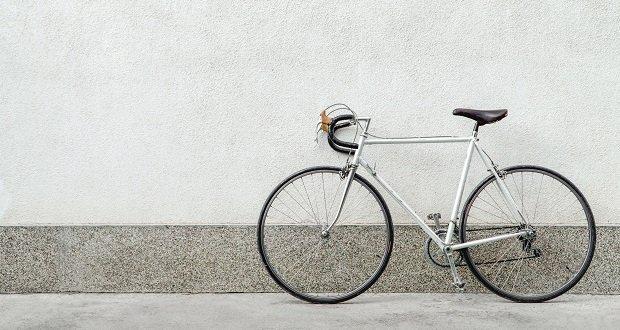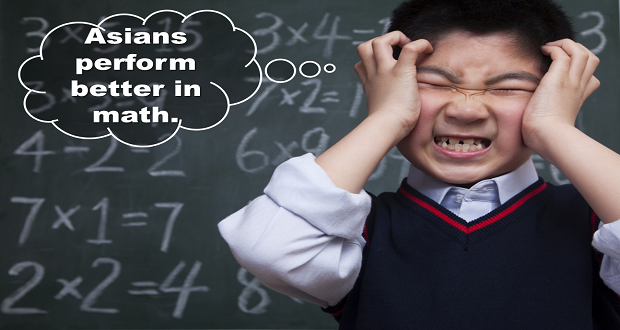
I’m learning that in being thought leaders there is a pressure to want to say something new; but sometimes there’s a greater need to say something old in new ways. The distinctions between equality and equity are pretty straightforward, but pervasive systemic inequalities built into our politics and policies are proof that they are much more difficult to put into practice. This post is a reflection on these concepts from an experience I had yesterday, that I hope is useful for bringing clarity to the differences.
In our work as diversity and inclusion practitioners, we teach that personal transformation doesn’t happen by experience alone; but through reflection on our experiences (Dewey). I love this sentiment. And I try to practice what I preach in my daily life as much as possible. I am an avid bike rider, and yesterday, as I was peddling my bike up a hill, I noticed another man on my right losing steam as he inched his way up the same hill. Right before I made the pass, I saw him, out of the corner of my eye, hop off his bike to walk it up the rest of the way. In a split second, and with the help of my unconscious biases, I thought, “I wonder why he’s giving up so early—the hill’s not that steep.” But in the next split second, I zoomed in and noticed that his bike was old and beat up, and only had one gear. Then, I saw on the top of the hill, a group of volunteers serving food to the homeless—I’m assuming by the man’s clothing, he was on his way to join them.
As I made my way home, I thought about all the differences, before, during, and after, that made the difference between our same experience on that hill. First, my bike is a 21-speed, which means that all the engineering in my bike was meant to make life (hills) easier to climb. At any sign of resistance, I simply push a button and my bike adjusts to make the hill as easy to climb as possible—literally “flattening” hills so I don’t experience the pain of ascending them. This man’s bike had none of these luxuries. Second, I thought about all the potential factors that might have given me more energy than this man; a good night’s sleep, gym memberships, a steady and quality diet, and leisure time to rest. All these differences were “invisible” to any onlookers who just saw two men riding bikes up a hill from a distance. This is the way that privilege seeps into our experiences and eventually shapes outcomes.
Equality is giving everyone the same thing; equity is giving everyone what they need to succeed. Equality works though, when everyone has the same starting place and needs the same things to be successful. And in dominant cultures, equality based approaches to fairness may work when there aren’t a large degree of inequities impeding success. This is why equity based approaches—where systemic and cultural differences are included in resolutions—seem unfair to dominant cultural members who rely on universal rules, meritocracy, and one-size-fits-all approaches in addressing problems. It’s also why the concept of privilege strikes many as taboo and an assault on their hard work and values. But like most issues of cultural differences, everything starts with being self-reflective about our starting places and experiences.
My gut reaction to the other man on the bike was so problematic because I was using my experience of riding up the hill to judge his experience on the same hill. But we had completely different starting places and resources for success. Sometimes privilege and power are clear as day, and other times, it takes a deeper cultural lens to expose the ways past inequalities shape present experiences and determine future outcomes.

















